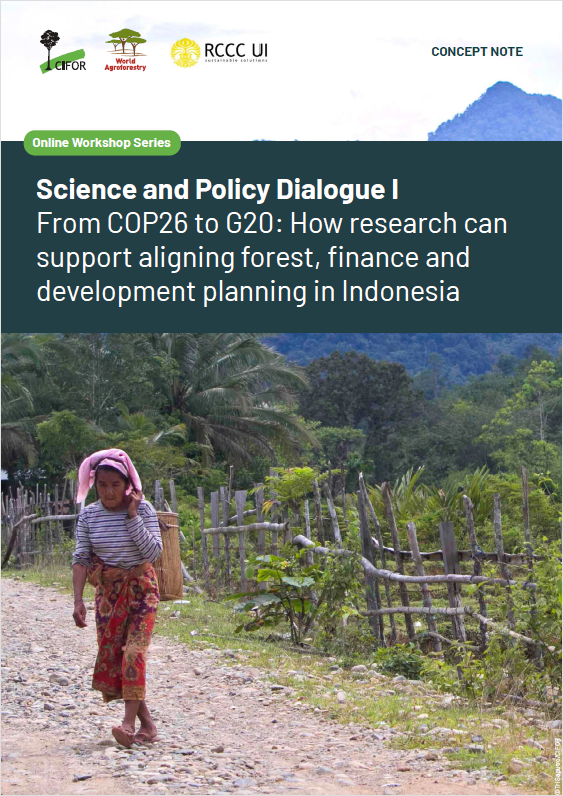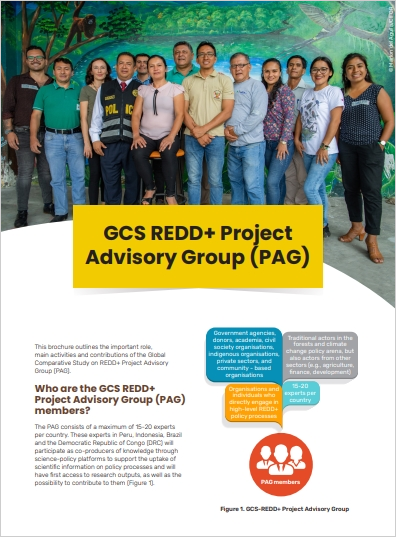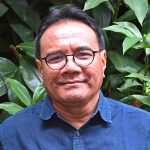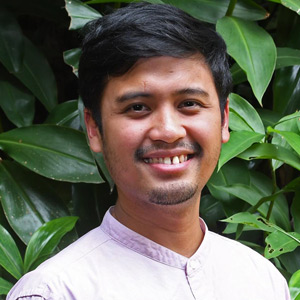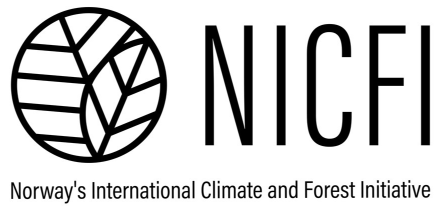Latest data from Indonesia’s Ministry of Environment and Forestry (KLHK) show the rate of deforestation between 2019/2020 has decreased significantly. This has been attributed to various efforts by the national government such as the forest and peatland moratorium, social forestry and agrarian reform. The updated Nationally Determined Contribution (NDC), along with the recently submitted Long-Term Strategy for Low Carbon and Climate Resilience (LTS-LCCR) 2050, also further depict the government’s ambition. The government seeks to transform AFOLU (agriculture, forestry and other land uses) and non-AFOLU (energy, waste, and industrial processes and product use) sectors into a carbon net- zero emission by 2060 or sooner under a policy scenario compatible with Indonesia’s target for the Paris Agreement (LCCP).
The Comparative Study on Reducing Emissions from Deforestation and Forest Degradation (GCS-REDD+) project, led by CIFOR-ICRAF in Brazil, the Democratic Republic of Congo, Indonesia and Peru, focuses on strengthening Knowledge for action to protect tropical forests and enhance rights. GCS REDD+ provides policy makers and practitioners with information, tools and analysis to design and implement effective, efficient and equitable policies and actions to reduce emissions from deforestation and degradation, enhance contribution of the forestry sector in NDC and ensure the rights of Indigenous and local communities.
This science-policy dialogue provides a forum for discussion on national priorities and strategies towards NDCs and to transform FOLU sectors into a carbon net-sink by 2030. It will shed light on how research in general and the GCS-REDD+ project can support aligning forest, finance and development planning in Indonesia.
Contact person
Bimo Dwisatrio: b.dwisatrio@cgiar.org
Rafie Mohammad: rafiemohammadrm@gmail.com
This invitation only event was conducted in Bahasa Indonesia and interpreted in English.













